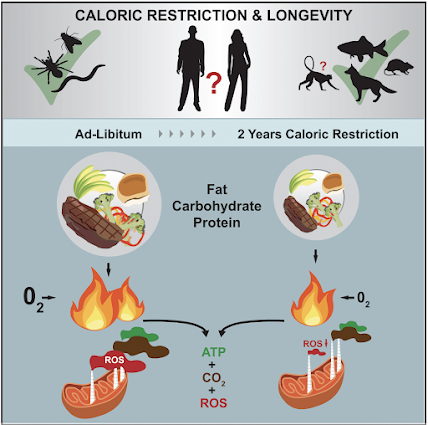Introduction:
In the perpetual quest for longevity, the debate between diet and exercise takes center stage. We often hear that maintaining a balanced diet and engaging in regular exercise are the keys to a longer, healthier life. However, a curious paradox emerges when considering whether someone who consumes very little but indulges in unhealthy food choices can outlive an individual with a normal diet who exercises regularly. In this article, we'll delve into the intricacies of this debate, exploring the impact of nutrition, exercise, and their interplay on overall lifespan.
The Role of Diet in Longevity:
A well-balanced diet is widely recognized as a cornerstone of good health. Nutrient-rich foods provide essential vitamins, minerals, and antioxidants that support bodily functions and combat the oxidative stress associated with aging. On the flip side, a consistently poor diet lacking in nutritional value can lead to a host of health issues, including obesity, cardiovascular disease, and diabetes, all of which can significantly impact lifespan.
Caloric Restriction and Longevity:
One intriguing concept in the realm of longevity research is caloric restriction. Some studies suggest that consuming fewer calories than the typical daily intake while maintaining essential nutrients can potentially extend lifespan. This has led to the hypothesis that individuals who eat very little, even if their choices are unhealthy, might still experience longevity benefits through caloric restriction.
Exercise and Its Impact:
Regular physical activity is another crucial factor in the quest for a longer life. Exercise not only helps maintain a healthy weight but also improves cardiovascular health, boosts mood, and enhances overall well-being. Individuals who engage in regular exercise tend to experience lower rates of chronic diseases and have a higher quality of life as they age.
The Balancing Act:
While both diet and exercise play pivotal roles in determining lifespan, the interplay between the two is complex. It's possible for someone with an unhealthy diet but minimal caloric intake to experience benefits similar to those gained from caloric restriction. However, this does not diminish the importance of a balanced diet and regular exercise. The optimal approach is likely a combination of both.
Genetic Factors:
Genetics also contribute significantly to an individual's lifespan. Some people may have genetic predispositions that make them more resilient to the negative effects of a poor diet or lack of exercise. Conversely, others may need to be more vigilant in maintaining a healthy lifestyle to counteract their genetic predispositions.
Conclusion:
In the debate between diet and exercise, the nuances of caloric restriction, genetic factors, and their interplay complicate the narrative. While some evidence suggests that caloric restriction can confer longevity benefits, this should not be interpreted as a green light to adopt an unhealthy diet. Striking a balance between a nutritious diet and regular exercise remains a tried-and-true formula for a longer and healthier life. As research continues, a holistic approach that considers individual differences and genetics will likely provide more personalized insights into the complex relationship between lifestyle choices and lifespan.


0 Comments